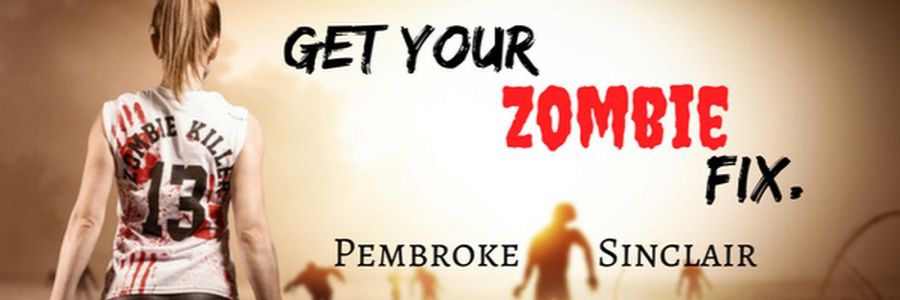As some of you may know, I'm a freelance editor for a couple different fiction publishers. I really and truly enjoy it. There's nothing better than getting to read stories before the rest of the world and helping an author make it the best it can possibly be. Best.Feeling.Ever.
Between working with other authors and having my own work edited, I've noticed something: passive writing. Many of you know that I'm the queen of passive writing. I'm horrible about leaving it in my stories. I always have to go back through and scrutinize every sentence when I edit. Editors have tried to pound it in my head over and over and over to not use passive writing. I finally think I'm getting better. At least I recognize now when I'm using is.
Passive writing does have a place in stories, but it can't take up the bulk of the writing. Publishers and editors want the story to be active so they draw the reader in to the action. However, as an editor, I've noticed I'm not the only one who puts passive writing in my stories. I've edited many stories that use passive writing. I'm reading a novel right now that is full of "to be" verbs. Does it bother me? No. Would I have even noticed if I wasn't an editor? It's hard to say. Does it diminish my enjoyment of the book? Not at all.
Most of the time, passive writing seems to be used when the story is told in first person. For some reason, most of us like to say "I was doing..." instead of "I did..." I'm not exactly sure why some of us authors do this. Was it something taught long ago that's stuck with us? Or is it because when we write first person we still try to have separation between characters and author?
Think about it, when you read a third-person narrative, there is a distinct separation between who the characters are and who the author is. When it comes down to first person, the author and character are the same. He/she is "I." I don't know if it's a subconscious need or what to still put the distance between the "I" on the page and the "I" writing the story or what, but there is a desire to make it clear that the character did the acting, not the author. That's the case for me, at least.
I'm not necessarily sure that the author realizes they are using passive writing while writing. I know I don't. I have to force myself to recognize those verbs when I edit. They are easy for me to spot in other people's stories only because I've been trained to do so. Still, I wonder how often a reader notices when they aren't exposed to it every day. I don't know if there is an easy cure for passive writing. I suppose we'll have to continue relying on editors to point it out, which is fine with me. Gives me job security!





